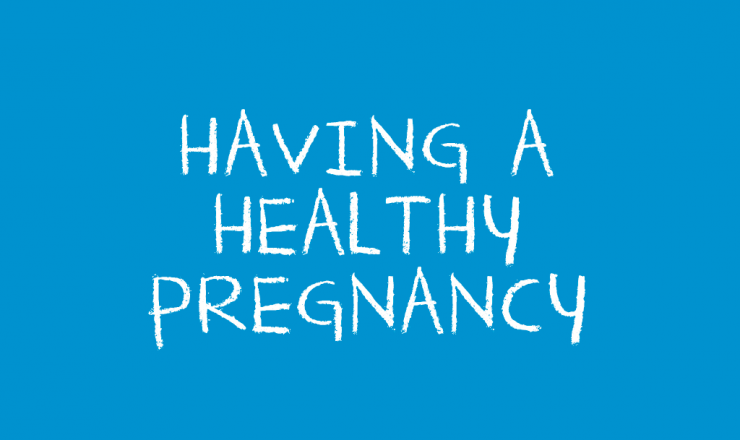Virginity
Just like other decisions you make about your own sexuality, being a virgin is a personal choice. It’s all about finding out what you feel comfortable with and what works for you.
Virginity can mean different things. In the same way that no one can force you to have sex, no one can or should force you to remain a virgin.
What does virginity mean?
Virginity can mean different things:
- Some people define virginity as the first time someone has vaginal sex, but everyone has their own definition.
- For people with vaginas*, virginity might also be tied to the act that breaks the hymen (a thin layer of skin that covers the vaginal opening). For more about the hymen, see below and check out Inside Scoop: Vagina and Uterus [Link].
- These definitions of virginity are limiting because some individuals might never have vaginal intercourse but wouldn’t consider themselves virgins because they engage in other types of sex.
When should I lose my virginity?
- There is no “right” time, age or place to lose your virginity. You can become sexually active whenever you are ready.
- For more on deciding to have sex, check out Am I Ready for Sex? [Link]
If I’ve had vaginal sex, does that mean I’m not a virgin anymore?
- That depends on how you define virginity. For some people, losing your virginity may mean that you’ve had vaginal intercourse while for others it might mean you’ve had oral sex.
- Some people may decide they are virgins if they have had or been forced to have sex in the past, but have stopped doing it.
Why is being a virgin sometimes seen as a positive characteristic for women, but a negative one for men?
- Virginity is a highly charged issue. In Canadian culture and many others, virginity is seen as desirable in women but not in men. This is called the sexual double standard.
- Some religions and communities expect women to be virgins when they are married, but may not have the same expectations of men.
Is it okay to be a virgin?
- Yes it is definitely okay to be a virgin.
- There can be social pressure around losing one’s virginity, but it is up to each individual person to decide if and when they want to become sexually active.
- In our society, unfortunately, virginity is often seen as something to be ashamed of, especially for men or as you get older, but in reality, many people enjoy and are proud of being virgins.
- People who are virgins may feel very positively about their decision and about waiting for the situation that they feel is right for them to have sex.
- Some people who are virgins may be asexual, meaning that that don’t experience sexual attraction, and may not want to have sex at any point in their lives.
I am a person with a vagina and I had sex for the first time. It didn’t hurt and I didn’t notice any blood. Does this mean that I’m not a virgin?
- Not at all. Many people with vaginas do not experience bleeding or pain during their first sexual act. Some people with vaginas also aren’t born with hymens.
- The pain and bleeding that sometimes happens when you have vaginal sex for the first time is because of the breaking or tearing of your hymen.
- Your hymen is a mucous membrane that surrounds or partially covers your vaginal opening.
- When you were very young, your hymen protected your vagina from germs and dirt.
- Your hymen can be broken by activities like stretching, playing sports, using tampons, or getting pelvic exams.
- For more about the hymen, check out Inside Scoop: Vagina and Uterus [Link].
If you have questions about this topic, feel free to contact one of our peer educators. [Link]
*We know that these aren’t the words everyone uses for their bodies (eg. trans folks), and support you using the language that feels best for you.
Last Edited: May 2020






